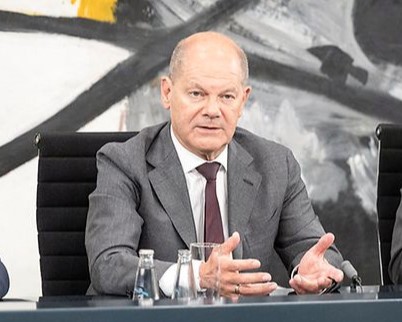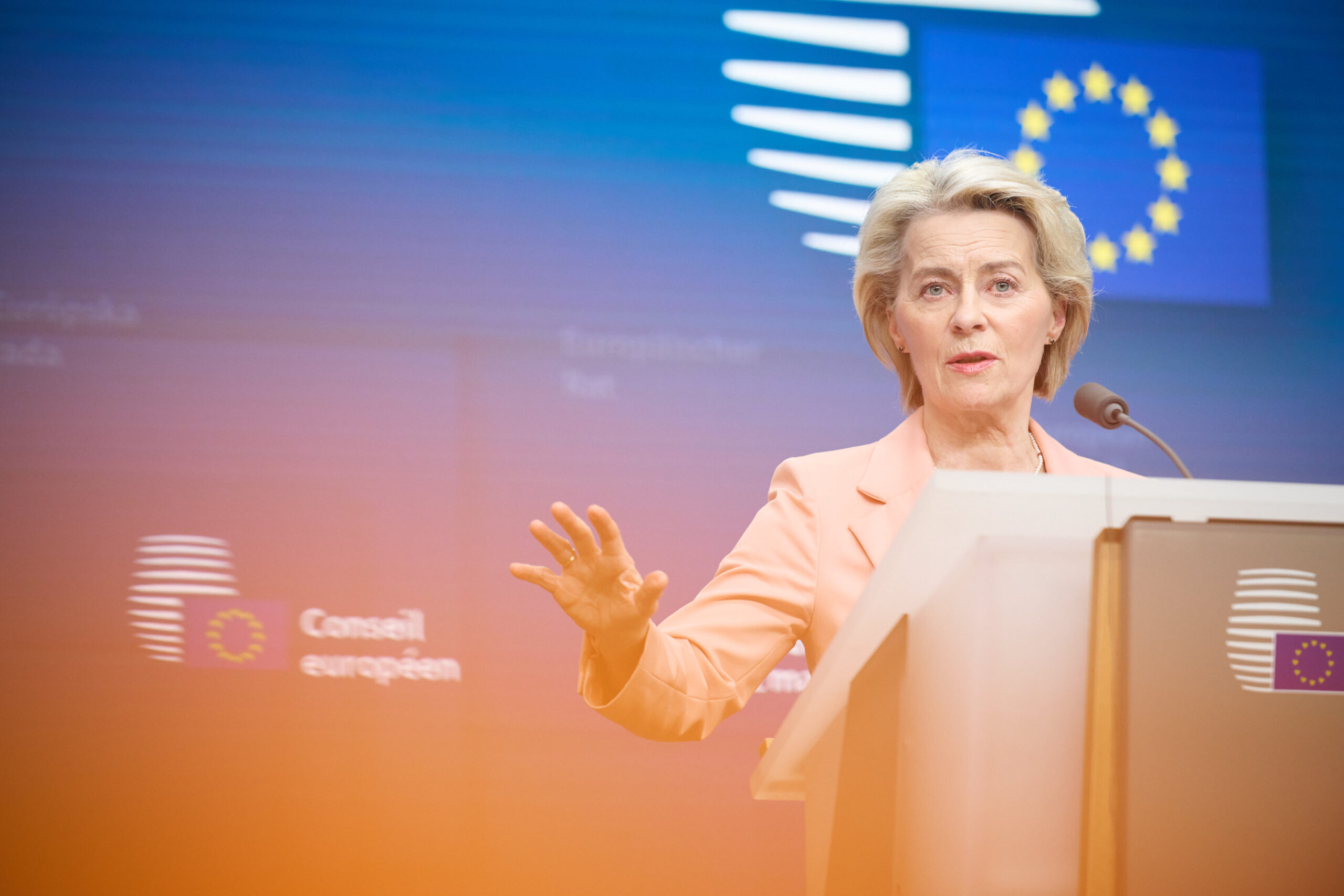
Berlin, 15 October 2024 – Leaders from the six Western Balkan countries—Albania, Bosnia and Herzegovina, Kosovo, Montenegro, North Macedonia, and Serbia—gathered in Berlin for the 10th Anniversary of the Berlin Process Summit, reaffirming their shared commitment to regional cooperation and closer integration with the European Union. Organised by the German Chancellor Olaf Scholz and joined by the European Commission President Ursula von der Leyen, the summit marked a key step towards regional economic integration.
Regional cooperation enhanced by new agreements
The summit culminated in the signing of:
These agreements are in line with the €6 billion Growth Plan from the European Union, intended to accelerate economic growth and lay the groundwork for the Western Balkans’ eventual EU membership.
EU enlargement back on track
During the summit, Chancellor Scholz emphasised the EU’s commitment to enlargement, stating:

German Chancellor Olaf Scholz
Von der Leyen echoed this optimism, noting that the EU’s enlargement focus has been reinvigorated:

“The road to the EU is open, but each country must advance on merit. Progress depends on reforms and regional cooperation, which will ultimately benefit the people.”
Ursula von der Leyen, President of the European Commission
Normalisation and conflict resolution remain critical
Chancellor Scholz praised Kosovo’s decision to lift the ban on Serbian goods, calling it a significant step towards fulfilling the CEFTA agreement and improving regional cooperation. Both Scholz and von der Leyen emphasised that resolving outstanding issues between Kosovo and Serbia is crucial for stability and progress towards EU membership.
Von der Leyen stressed: “Regional unity is key, and conflicts must not hinder the path forward.”
Geopolitical challenges addressed
The summit also tackled the rising geopolitical pressures in the region, with von der Leyen highlighting the growing Russian influence in the Western Balkans:
“Russia’s war of aggression in Ukraine has brought clarity—you have to choose the right side of history and align with international law.”
SEPA integration to bring tangible benefits
On the same day as the summit, Gert Jan Koopman, Director-General of EU Neighbourhood and Enlargement, met with the Governors of Central Banks from the Western Balkans:
“It was a pleasure to meet with the governors of the Central Banks from the Western Balkans. We discussed progress on the Growth Plan, in relation to access to SEPA.
Facilitating easier cross-border payments will bring tangible benefits for citizens and businesses!”
This initiative aims to integrate the Western Balkans into SEPA (Single Euro Payments Area), streamlining cross-border payments and making transactions more affordable and accessible for businesses and individuals.

German Chancellor Olaf Scholz
Von der Leyen echoed this optimism, noting that the EU’s enlargement focus has been reinvigorated:

Normalisation and conflict resolution remain critical
Chancellor Scholz praised Kosovo’s decision to lift the ban on Serbian goods, calling it a significant step towards fulfilling the CEFTA agreement and improving regional cooperation. Both Scholz and von der Leyen emphasised that resolving outstanding issues between Kosovo and Serbia is crucial for stability and progress towards EU membership.
Von der Leyen stressed: “Regional unity is key, and conflicts must not hinder the path forward.”
Geopolitical challenges addressed
The summit also tackled the rising geopolitical pressures in the region, with von der Leyen highlighting the growing Russian influence in the Western Balkans:
“Russia’s war of aggression in Ukraine has brought clarity—you have to choose the right side of history and align with international law.”
SEPA integration to bring tangible benefits
On the same day as the summit, Gert Jan Koopman, Director-General of EU Neighbourhood and Enlargement, met with the Governors of Central Banks from the Western Balkans:
“It was a pleasure to meet with the governors of the Central Banks from the Western Balkans. We discussed progress on the Growth Plan, in relation to access to SEPA.
Facilitating easier cross-border payments will bring tangible benefits for citizens and businesses!”
This initiative aims to integrate the Western Balkans into SEPA (Single Euro Payments Area), streamlining cross-border payments and making transactions more affordable and accessible for businesses and individuals.
Please wait while your video is being uploaded...
Don't close this window!